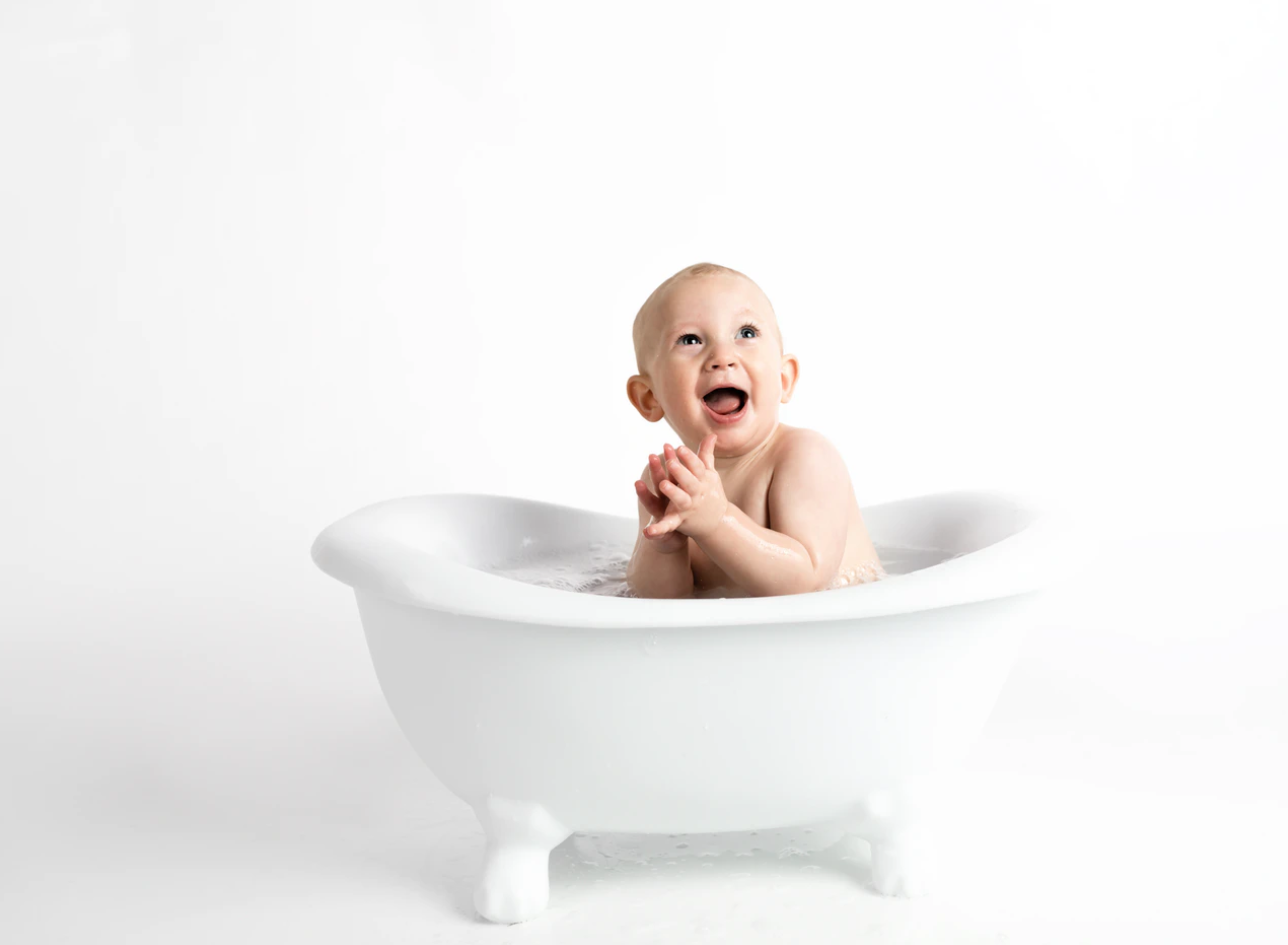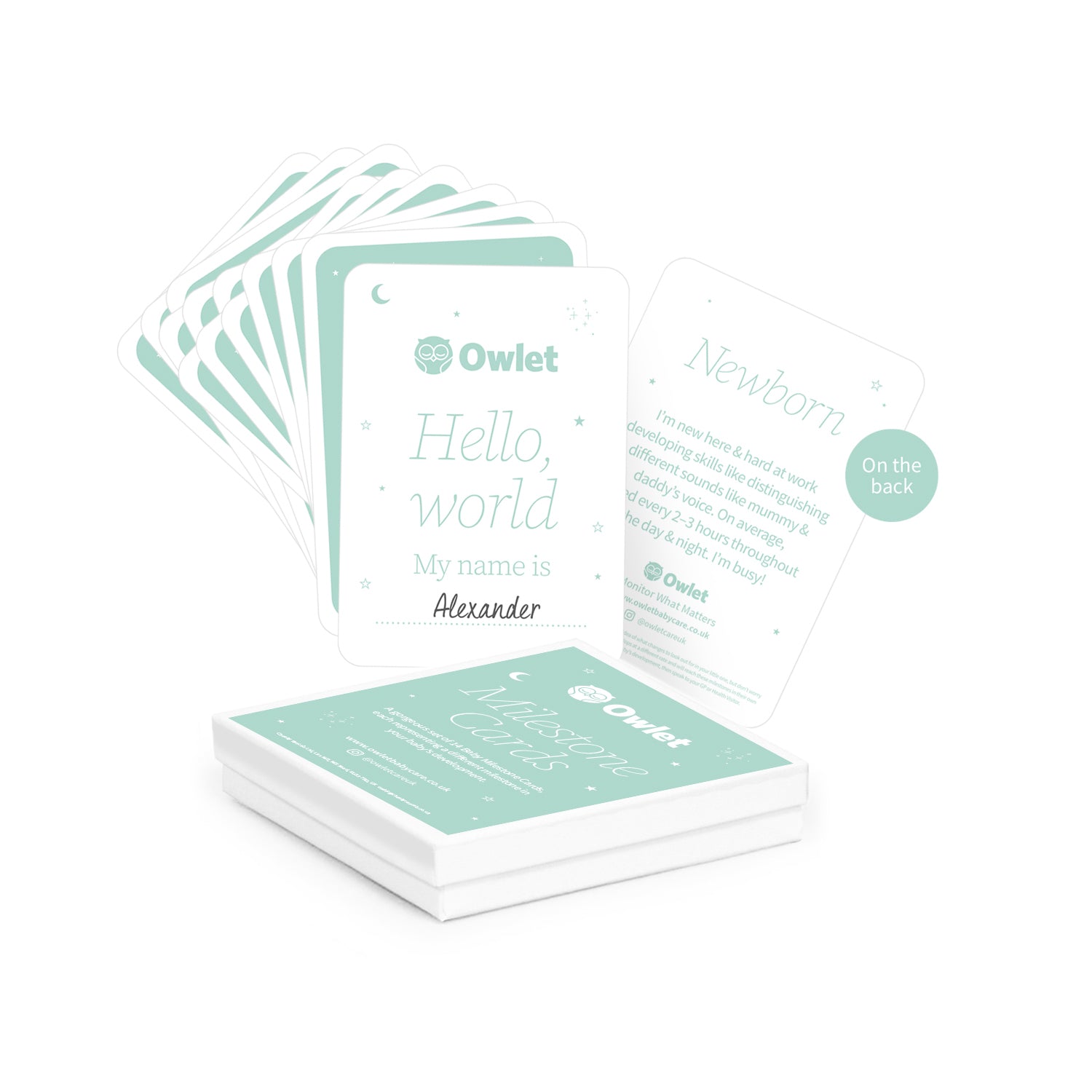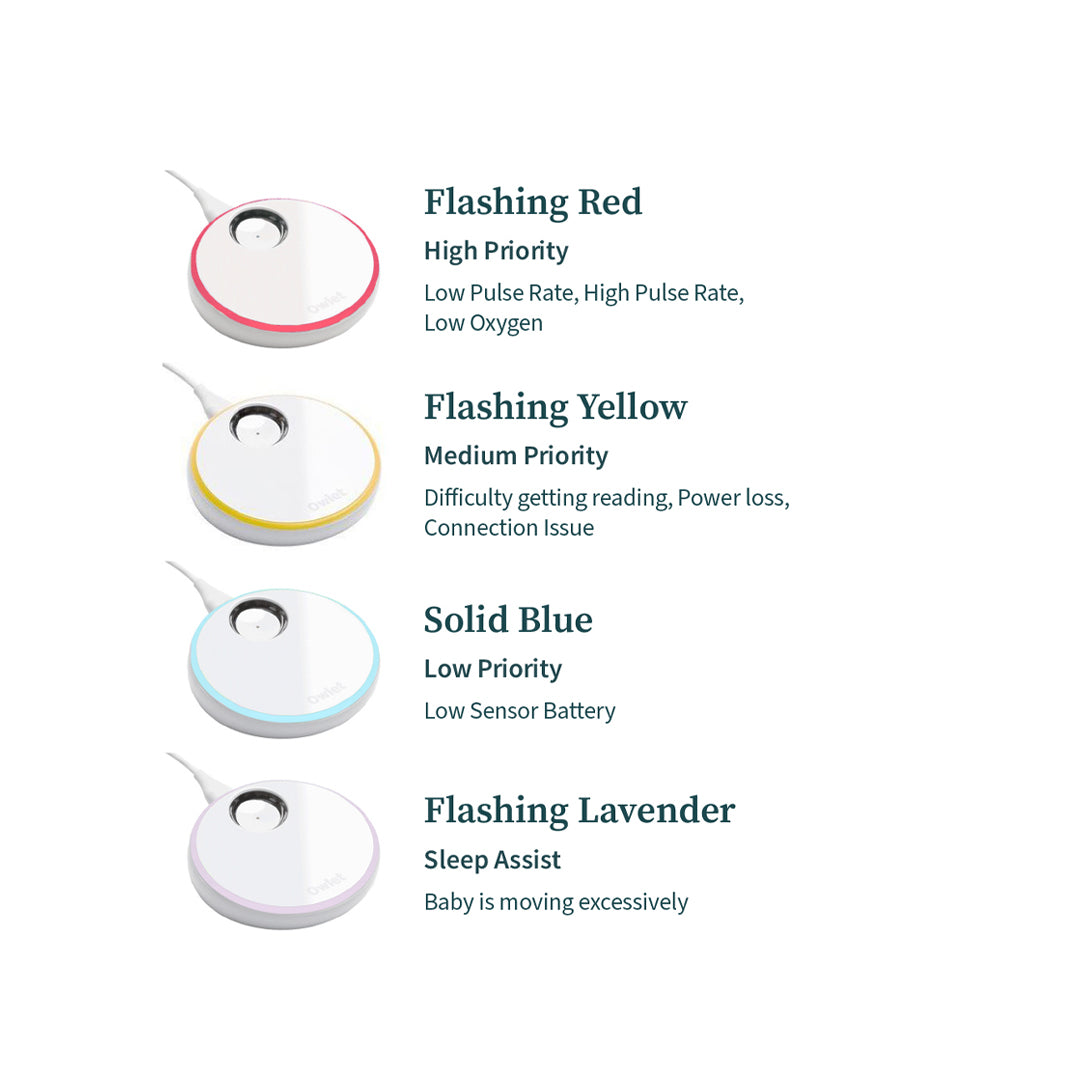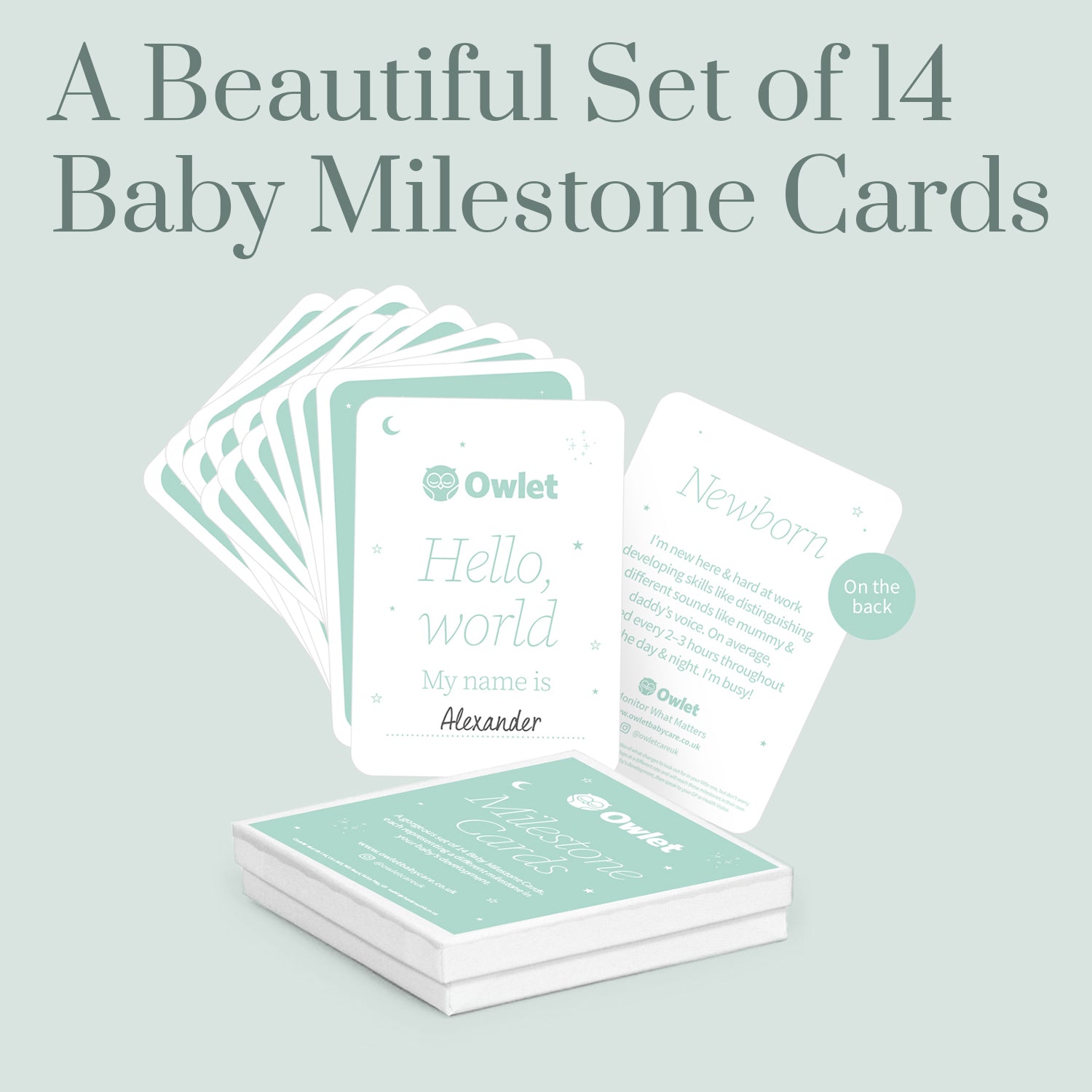How to bathe your baby safely

Your baby’s first bath is a big deal, and subsequent baths never stop being cute either! But baby bath time also requires vigilance from you as parents to prevent any accidents and to protect your baby from the many hazards found in the bathroom. Here are some important tips to help you keep bath time safe and enjoyable for you and your baby.
“Top and tail” while they’re very young
Before the umbilical cord falls out, babies only need a sponge bath. After a few weeks when it finally falls out, your baby is ready for their first real bath! But keep in mind that babies don’t need a full bath every day, only 2-3 times per week. However, you should give them a topping and a tailing every day.
Topping involves cleaning their face, ears, and neck with a warm cloth or cotton pad. Tailing includes cleaning their genital area with warm water and drying gently and thoroughly before putting on a fresh nappy.
Gather your necessary supplies beforehand
Never, ever leave your baby unattended. Babies can drown in as little as one inch of water. Before you give your baby a bath, gather all necessary supplies and put them within arms reach. If you do forget something mid-bath, bring your baby with you. A wet shirt is a small price to pay for your baby’s safety.
Babies’ soft, smooth skin gets very slippery after a bath, so keep a towel handy so you can immediately bundle them up.
It’s also a good idea to have a nappy nearby in case the fresh air on their little bums makes them feel like going sooner than you expect!
Safety-proof the bathroom
Make sure anything with a cord is put away so that it doesn’t become a tripping or tangling hazard, or a burning hazard if it conducts heat.
Babies lose body heat quickly, so make sure the air temperature is warm and no windows are open so the water stays warm and your baby doesn’t get cold. Place a non-slip mat on the floor and a non-slip mat in the bathtub to prevent slips on every surface.
Learn baby CPR
Accidents can happen to even the most careful parents. While none of us could ever imagine our baby slipping under the water, it does happen. No matter how diligent you are, it’s very important that you learn infant CPR so you can respond quickly and appropriately in an emergency. Although the thought of an incident isn’t pleasant, you will never regret having the necessary life-saving skills to protect your baby, even if you never have to use them.




















